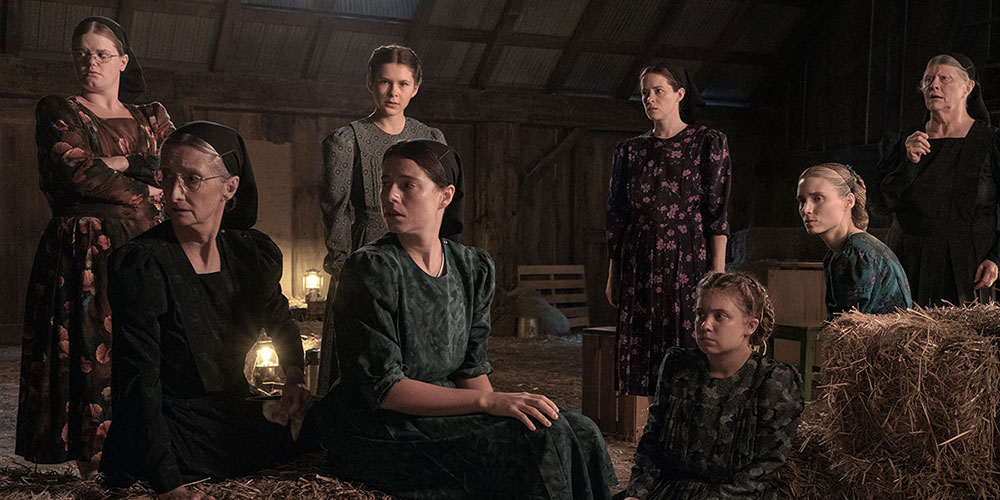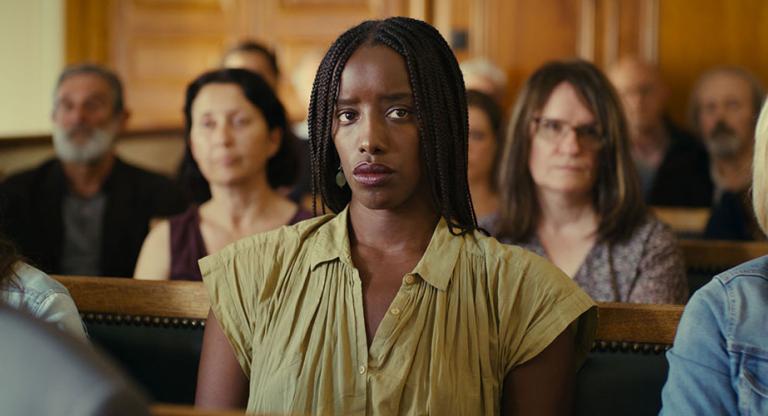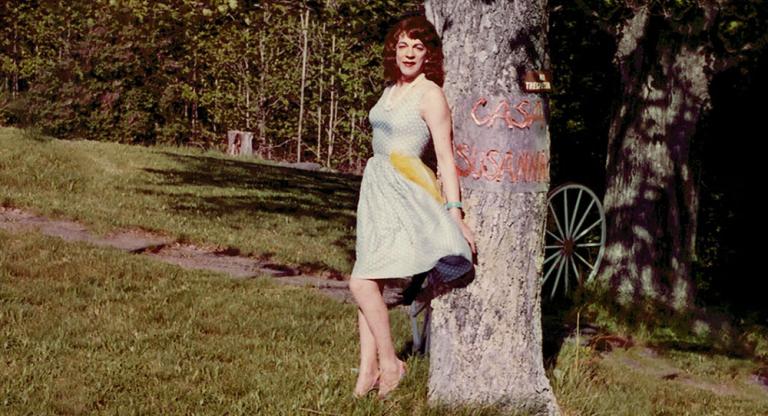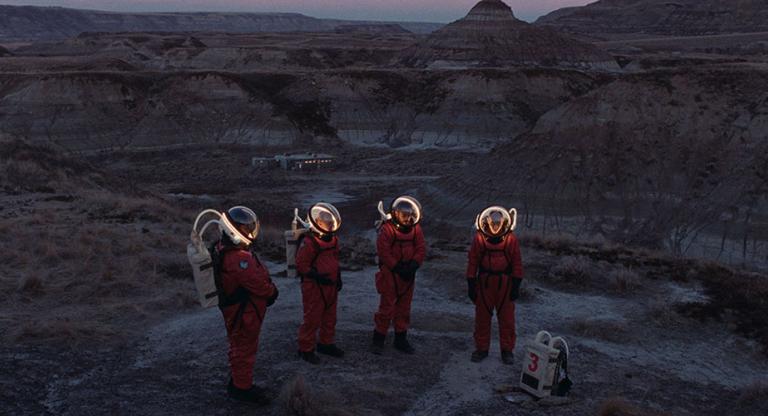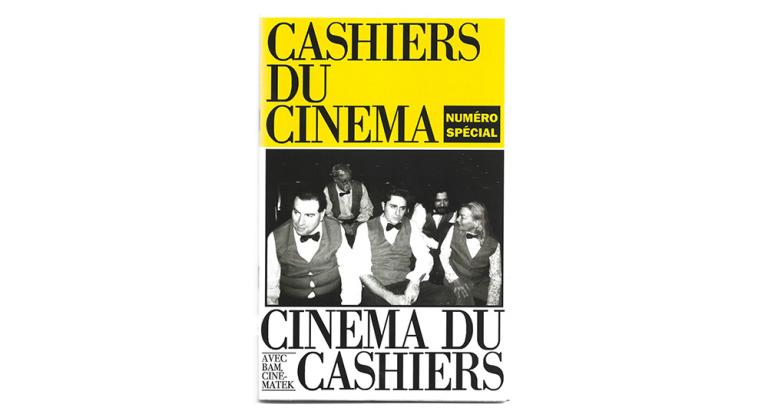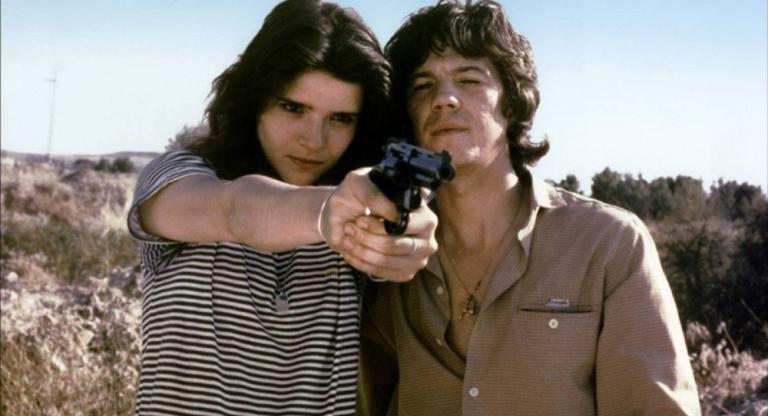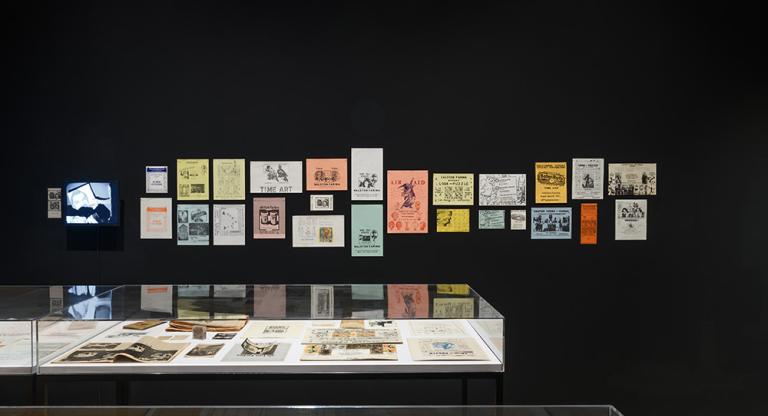“A work of female imagination,” per its opening title card, Sarah Polley’s Women Talking (2022), adapted largely faithfully from Miriam Toews’s novel of the same name, spins the germ of a real-life crime against women into an ambitious, almost exhaustive allegory for the lives of women under patriarchy. Toews, who grew up Mennonite in Manitoba, was inspired to write her novel by events in a Bolivian Mennonite, also called Manitoba, in which eight Mennonite men drugged and raped over one hundred women of the community in their beds. Women Talking dispenses with this horror swiftly—brief flashbacks aside, it is largely confined to a prologue—and the bulk of the film consists of a multigenerational group of women, from adolescents to the aged—mothers, daughters, and sisters—gathered in the hayloft of a barn to talk through their trauma and decide whether to stay or leave the colony. If the book, as its choral title suggests, embraces its potential alternative format as a play for voices, the film, similarly dialogue-driven with largely single-set blocking, is equally comfortable with its own staginess.
The film could almost be called “Still Processing”—not least because this insular community discourses with a vocabulary of up-to-the-minute contemporaneity. Polley, via Toews, takes big, comprehensive swings at issues including collective action, guilt and responsibility, toxic masculinity, and the possibility of restorative justice. The movie’s wax wings, at times, come close to melting from the heat of the zeitgeist—it gives me no pleasure to report that Rooney Mara literally says “not all men” at one point—but in taking the women’s deep religious faith seriously, the dialogue takes on a heft and poetry befitting the enormity of the subject matter.
In Claire Foy and Jessie Buckley, who argue passionately for opposite sides of the debate, and Rooney Mara, who Socratically guides it along, Polley has three actresses who, being naturally inclined to bracing specificity, are very good at playing anger. All three get Oscar-clip monologues. Also in the hayloft is the perfect Male Ally, Paddington himself, Ben Whishaw, as the community’s schoolteacher, who has volunteered to take the minutes; Whishaw, usually such a witty presence even in his most tendercore roles, is unaccountably bad here, weepy and histrionic and nudging the needle from “powerful” toward “manipulative.”
The film is set about a dozen years ago, as eventually becomes clear, but the women of Women Talking’s cloistered Mennonite community cut a very out-of-time figure in their ruffled and full-skirted peasant dresses and headscarves over drawn foreheads and tight braids, stray hairs at their temples. They are illiterate—hence the presence of the schoolmaster, as well as the logographic writing system the women sometimes employ, giving the story a fable-like dimension. Polley emphasizes their backwardness, their repression, with a bold directorial choice: the look of the film is quality-television-style digital desaturated taken to wild extremes, with all the vibrancy wrung out of the palette like water from a sponge, so the entire film could be Dorothy Gale’s Kansas. When the light hits just right, glimpses of color, of blue in a dress or red in a dishcloth, shimmer through in forbidden glimpses of the full spectrum of the outside world—a punishingly literal conceit executed with frankly undeserved care and artistry. (It’s as if Spike Lee had maintained the squeezed-off aspect ratios of Crooklyn’s Virginia sequence for the entire feature.) Polley, a Canadian icon from her beginning as a juvenile actress, transitioned into directing with Away from Her (2006), out of Alice Munro’s “The Bear Came Over the Mountain.” She has again turned in a polished, attentive, A-student interpretation of the new Canadian literary canon. At one point, as one of Women Talking’s characters speaks on the importance of a “far-seeing perspective,” Polley’s camera cranes upward in time with the woman’s voice, reaching for a view of the far horizons beyond the bounds of her restrictive world. It’s hardly a subtle gesture; your admiration of Women Talking will depend on how important you think subtlety is in a movie like this.
Women Talking screens this week at the Toronto International Film Festival. It will be at the New York Film Festival next month.
